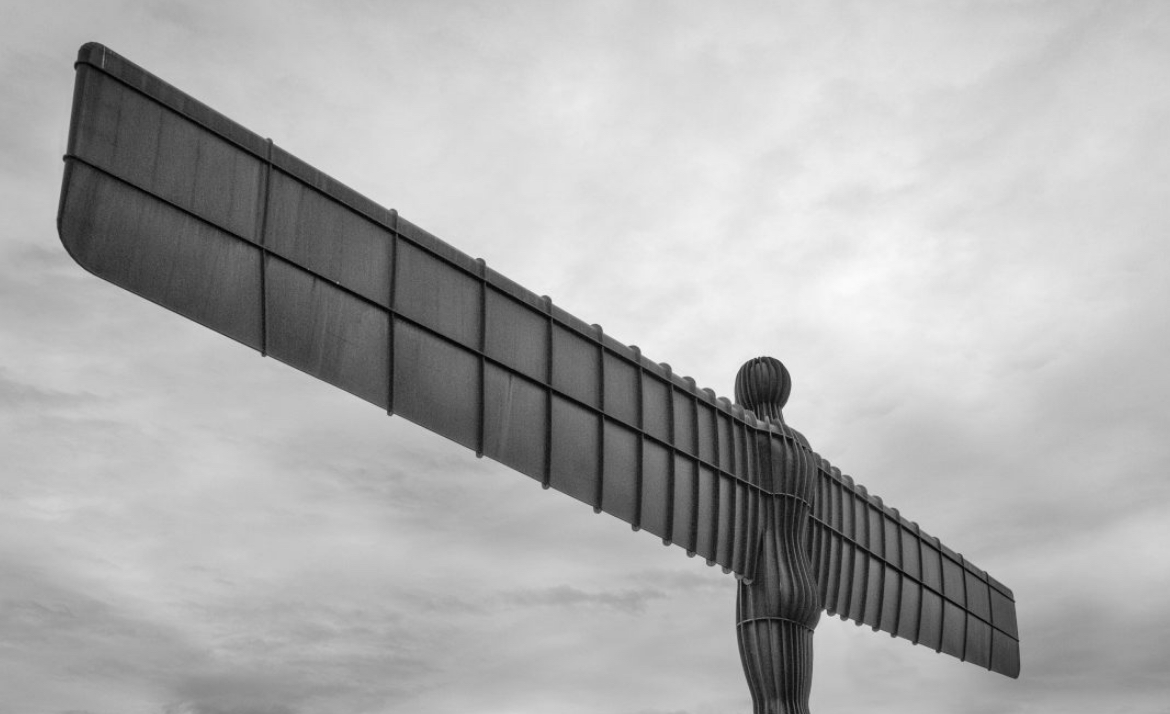This website uses cookies
This website uses cookies to enable it to function properly and to analyse how the website is used. Please click 'Close' to accept and continue using the website.


Desert Modernism: The Miles C Bates ‘Wave’ House, Palm Springs: talk and live video house tour
John Going of Stayner Architects, historian Volker Welker and Catherine Croft in conversation.
The Miles C. Bates House — known as the “Wave House” for its curving roof that mimics the San Jacinto mountains behind it — was opened to the public in February, 2020 for the first time since its restoration by Stayner Architects. Listed in the US National Register of Historic Places in 2018, it was designed by Walter S. White, a Southern California-born architect and inventor who worked for Rudolph Schindler, Albert Frey, and Douglas Aircraft. The house was built in 1955, just a year before Tibor Reich, the founder of Tibor Ltd, designed his home in Stratford-upon-Avon, UK. In furnishing the Bates House, Stayner Architects sought to complement the historic design and minimal material palette with period-appropriate colours, prints, and textures. White’s designs and inventive construction techniques, including the Bates House’s patented wooden roller-coaster roof, were influential to the later development of a mid-century modern architecture adapted for the harsh desert environment of the Coachella Valley, Palm Springs. Walter S. White spent much of his career experimenting with wood construction, however the Bates House, built in 1955, is the only realized example of this patented curving method. Its roof design, a combination of glulam beams supporting an intricate network of interconnected wood dowels, serves as a prototypical example of mass timber construction.
John Going gives a first-hand glimpse of the Miles C. Bates House and historian Volker Welter will talk about White and his work.

Become a C20 member today and help save our modern design heritage.